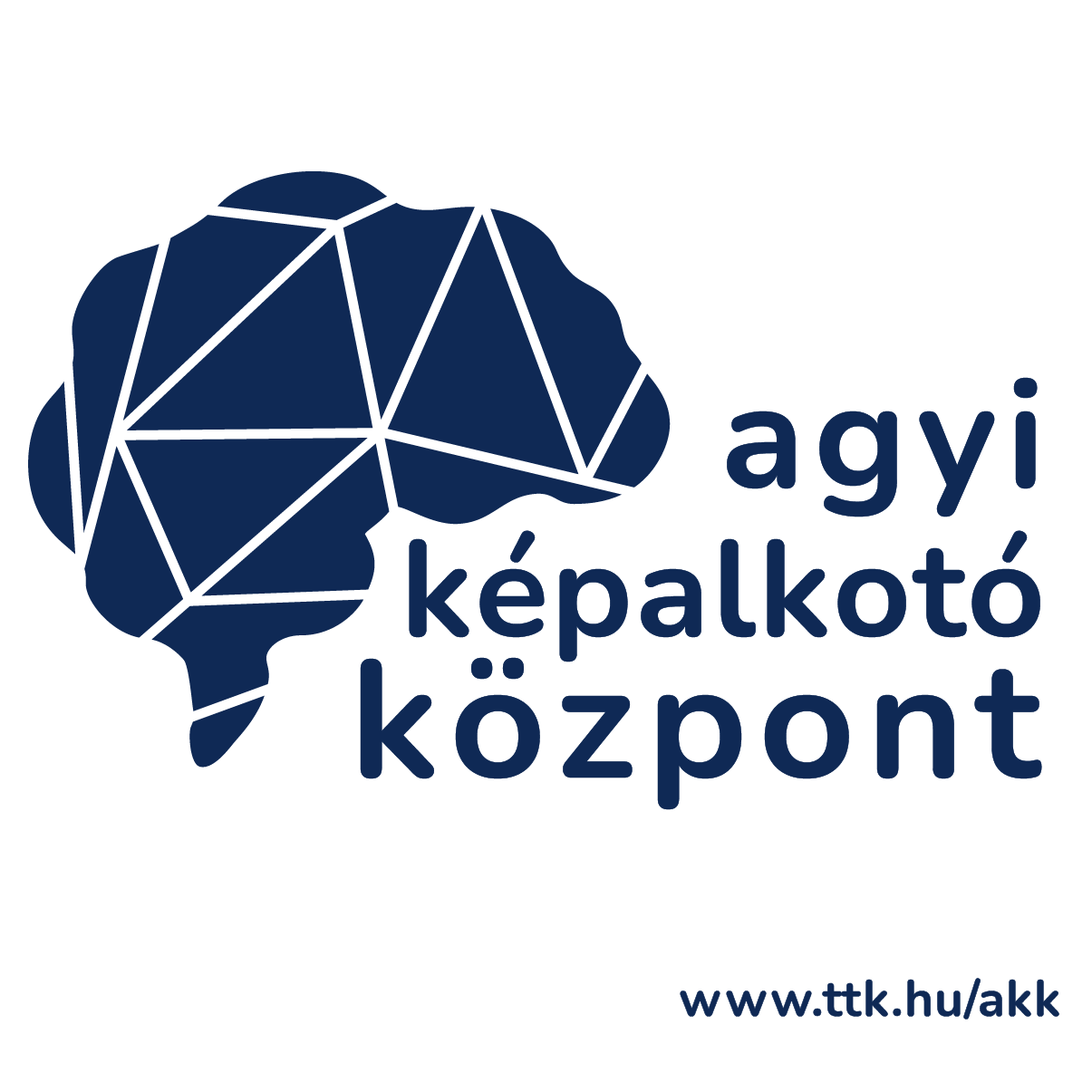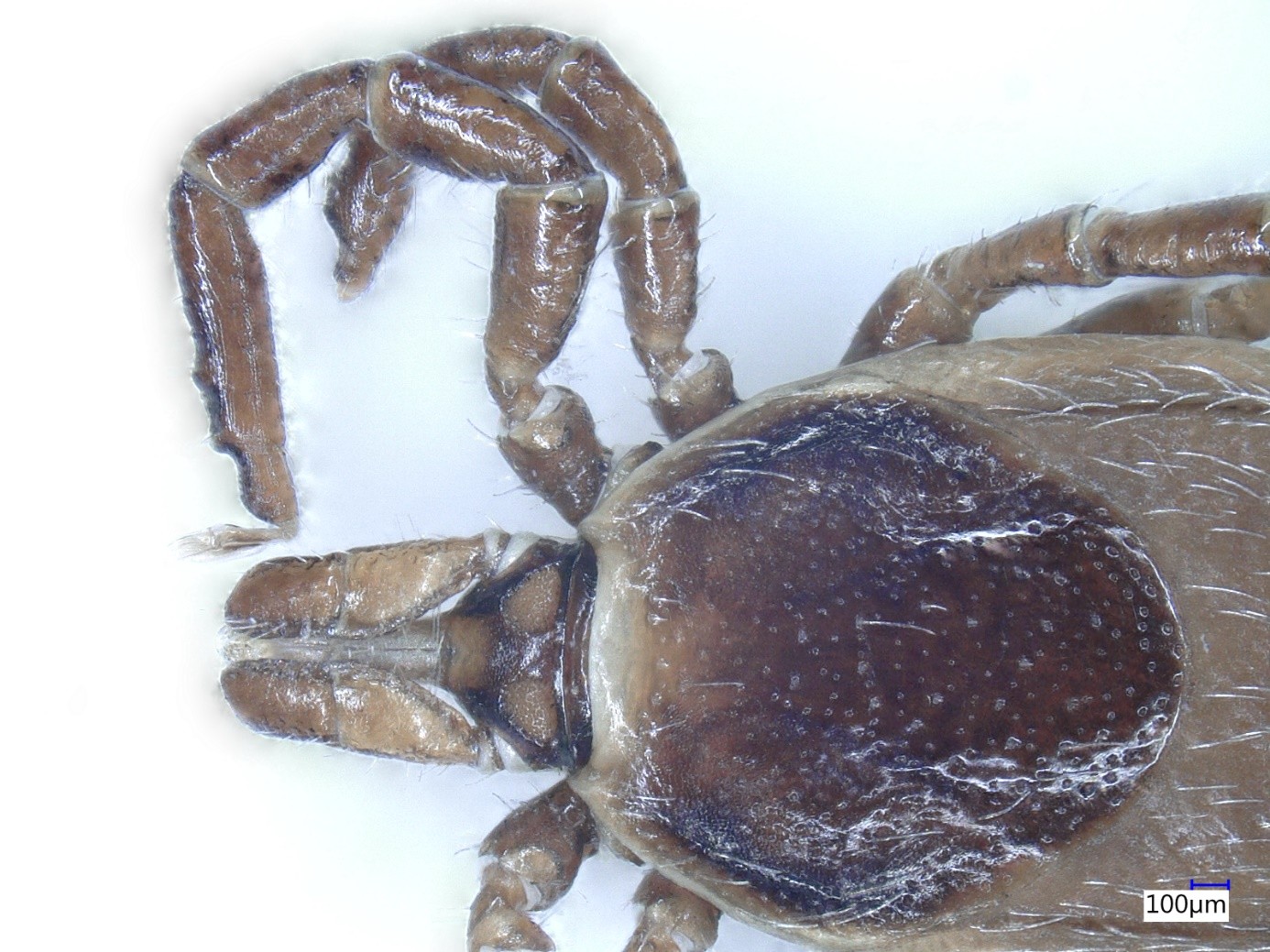HUN-REN RCNS Brain Imaging Centre Launches Hungary’s First Lifestyle Intervention Programme to Promote Mental and Physical Wellbeing of Older Adults
The Brain Imaging Centre at the HUN-REN Research Centre for Natural Sciences (HUN-REN RCNS) is launching a new programme to promote active lifestyles among the elderly, as part of the FINGERS research network, which is expanding internationally. The centre is seeking volunteers aged 65 to 75 to take part in an eight-month, group-based initiative designed to simultaneously support physical and cognitive activity, social connections, and healthy dietary habits. Recent research shows that dementia can be delayed – or even prevented – through personalised lifestyle interventions.
Preserving brain health is one of the most pressing social and economic challenges of our time. In recent decades, rising life expectancy has led to a sharp increase in the prevalence of age-related brain diseases, with their impact on families, society, the economy and healthcare reaching dramatic proportions. Today, dementia alone affects at least 50 million people worldwide, with associated costs exceeding €850 billion.
In the absence of effective pharmaceutical treatments, scientific and clinical research efforts worldwide have increasingly focused on the early identification of diseases causing dementia and the prevention of cognitive decline. According to recent findings (Barbera et al., JPAD, 2023), at least 40 per cent of dementia cases are attributable to modifiable lifestyle and environmental factors. Consequently, the onset of dementia can be delayed by several years – or even prevented – through personalised lifestyle interventions.
Among the research of recent years, the FINGERS study (Finnish Geriatric Intervention Study to Prevent Cognitive Impairment and Disability) stands out as a pioneering initiative in many respects. Its findings clearly demonstrate that lifestyle interventions targeting multiple risk factors simultaneously – particularly physical and cognitive activity, dietary habits, and social engagement – can effectively prevent cognitive decline and reduce the risk of developing dementia (Kivipelto et al., Nature Reviews Neurology, 2018).
In order to bring this highly effective, evidence-based lifestyle intervention approach to Hungary, the Brain Imaging Centre at the HUN-REN Research Centre for Natural Sciences has joined the internationally expanding FINGERS research network. With the network's professional support, the centre is launching Hungary’s first lifestyle programme for older adults that aims to preserve both mental and physical vitality and is fully aligned with the latest international best practices. Within the programme, it is of paramount importance for researchers to apply a range of approaches and to support participants through individually tailored activities. As part of this, researchers will assess participants’ physical and cognitive condition, as well as their cardiovascular risk factors, using state-of-the-art tools and methodologies.
In addition, the programme offers an eight-month, group-based intervention designed to simultaneously support physical and cognitive activity, social connections, and healthy dietary habits. Personalised follow-up and feedback ensure its effectiveness, enabling each participant to make optimal progress.
The Brain Imaging Centre at HUN-REN RCNS warmly welcomes applications from individuals aged 65 to 75 who are keen to preserve their mental and physical vitality and would like to join a community committed to an active and healthy lifestyle.


